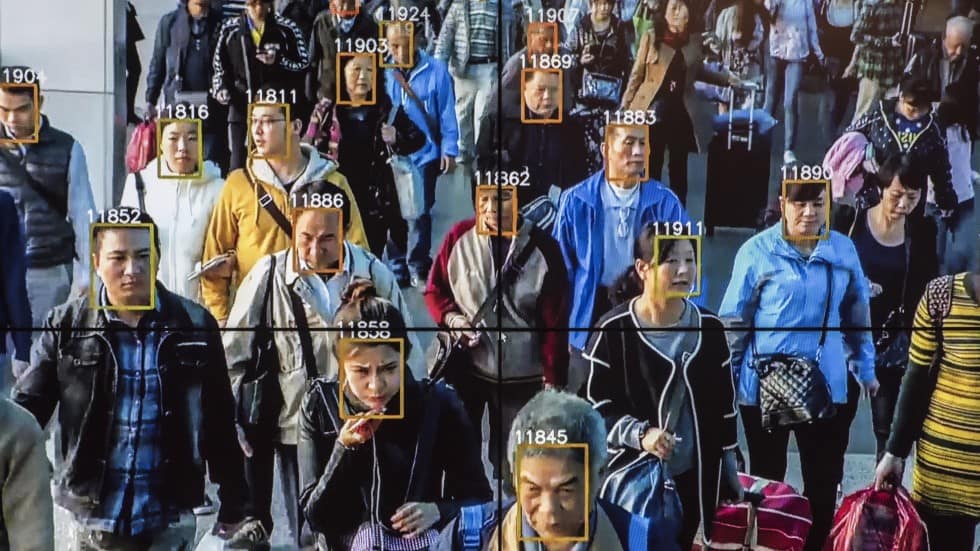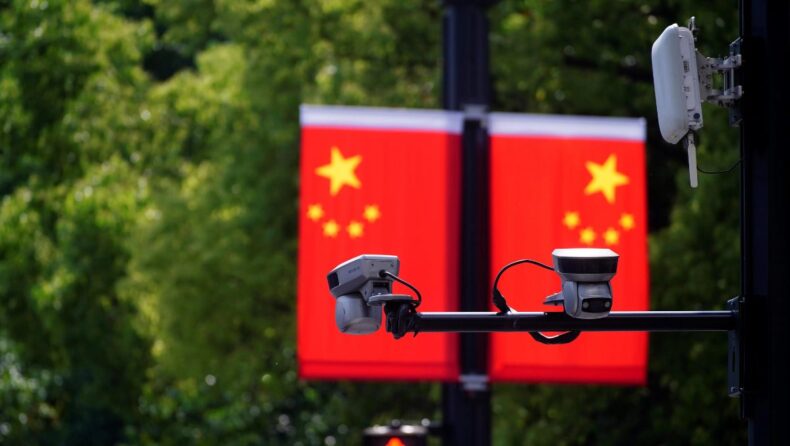This Tuesday, China’s Cyberspace Regulator issued a notice regarding the safety management of facial recognition technology in the nation. The rules are drafted and notified to the general public to get their opinion regarding the mentioned policy.
“The following provision is formulated to protect the rights and interests of personal information and other personal and property rights and to safeguard social order and public security in accordance with the Law of the People’s Republic of China,” the National Internet Information Office stated.
The Cyberspace Administration of China (CAC) has underscored that the use of facial recognition technology should be done only in cases where a specific purpose, sufficient necessity, and strict protective measures are required. And if there are other non-biometric identification solutions available, they will be given preference over facial recognition technology in cases where both methods are equally effective.
“The use of facial recognition technology to process facial information should obtain individual consent first,” the CAC highlighted. In addition to that, CAC said, “Those who use human facial identification technology to verify personal identity and identify specific natural persons are encouraged to give priority to authoritative channels such as the National Population Basic Information Database and the National Network Identification Public Service.”
“Hotel rooms, public bathrooms, dressing rooms, toilets, and other places that may infringe on the privacy of others shall not be equipped with image collection and personal identification equipment.” Adding to that, the CAC required compliance with the laws by keeping the images confidential and strictly prohibiting any illegal leak to the outside world.
“No organization or individual may use facial recognition technology to analyze sensitive personal information such as race, ethnicity, religious belief, health status, social class, etc. except that it is necessary to safeguard national security, public safety, or the life and property of natural persons in emergency situations, or to obtain the consent of individuals individually.”
Skepticism about the use of Facial Recognition Technology

The rules are drafted under the purview of growing unease among the public in relation to the rising use of biometric identification. The constant threat of potential abuse of technology has long been a disturbing cause in people’s minds, and here too it stems from an alarmed sense of misappropriation of personal information.
There are concerns among the public regarding the use of facial recognition technology in commercial areas. Many held the view that it should not be used in hospitals, schools, or offices. Since China is considered to be one of the world’s largest markets for video surveillance cameras, it becomes pivotal to understand that to mitigate this growing apprehension, the government needs to bring about changes in its data security and personal information protection laws.
The following provisions did make some major changes in their approach to this expanding issue, but they fall one step back when it comes to resolving the issue of the growing use of facial recognition technology in the commercial space. It has brought out stringent measures against those who fail to comply with these rules. In the end, it depends on the execution and implementation of the laws to prevent the misuse of personal data.
Currently, there is a focus on data safety and security in the nation as China introduces its first law weighing on user privacy, the Personal Information Protection Law, 2021, to regulate the protection of personal information and data of natural persons residing within China.
These provisions are yet to be applied in the state, as the draft is open for public comment until September 7.
The concern around the technology has emphasized the significance of proper regulations needed in countries to ensure a safe space for public personal information and identity.













